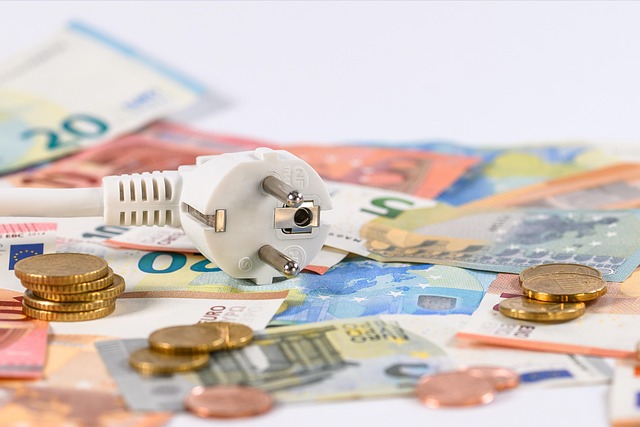Learn Energy-Saving Strategies That May Help Lower Your Bills Over Time
Paying attention to your energy use can lead to surprising savings. This article explores smart changes that make a difference in 2025 homes. Learn how small upgrades and habits can reduce monthly costs. Discover tools that track and optimize energy use.

How Can You Identify Energy Waste in Your Home?
Understanding your home’s energy consumption is the first step towards meaningful savings. Start by conducting a comprehensive energy audit. Walk through each room and look for potential energy drains like old appliances, poorly sealed windows, and unnecessary electrical devices left on standby. Many local energy providers offer free energy assessment services that can provide detailed insights into your home’s specific energy usage patterns.
Smart Ways to Reduce Your Electricity Consumption
Implementing energy-saving tips doesn’t have to be complicated or expensive. Simple changes can make a significant difference in your overall energy use. Consider replacing traditional light bulbs with LED alternatives, which use up to 75% less energy and last much longer. Use smart power strips to eliminate phantom energy draw from electronics when not in use. Additionally, adjusting your thermostat by just a few degrees can lead to noticeable savings on heating and cooling costs.
Optimizing Heating and Cooling Efficiency
Heating and cooling typically account for the largest portion of home energy expenses. Improve your home’s insulation by sealing gaps around windows and doors, and consider adding extra insulation in your attic. Regular maintenance of your HVAC system, including annual professional inspections and frequent filter changes, can improve efficiency and reduce energy consumption. Programmable or smart thermostats can automatically adjust temperatures, potentially saving up to 10-15% on heating and cooling costs.
Energy-Efficient Appliance Strategies
When it’s time to replace household appliances, prioritize energy efficiency. Look for products with high energy ratings, which consume less electricity while delivering the same performance. Consider the long-term savings potential of energy-efficient refrigerators, washing machines, and other major appliances. Even smaller devices like kettles and microwaves can contribute to overall energy reduction when chosen carefully.
Comparing Energy Providers and Plans
| Provider | Plan Type | Estimated Annual Savings | Green Energy Options |
|---|---|---|---|
| British Gas | Standard Variable | £50-£100 | Limited |
| Octopus Energy | Fixed Rate | £100-£200 | Extensive |
| EDF Energy | Renewable Plan | £75-£150 | Comprehensive |
| Bulb Energy | Green Tariff | £80-£180 | Full Green Options |
Prices, rates, or cost estimates mentioned in this article are based on the latest available information but may change over time. Independent research is advised before making financial decisions.
Long-Term Energy Saving Habits
Developing consistent energy-saving habits can lead to substantial savings over time. Encourage family members to be mindful of energy use, such as turning off lights when leaving rooms, using natural light when possible, and wearing appropriate clothing instead of adjusting the thermostat. Consider investing in renewable energy solutions like solar panels, which can provide long-term energy cost reductions and potential government incentives.
Reducing your energy consumption is a combination of smart technology, strategic investments, and mindful daily practices. By implementing these strategies, you can create a more energy-efficient home that saves money and supports environmental sustainability.




